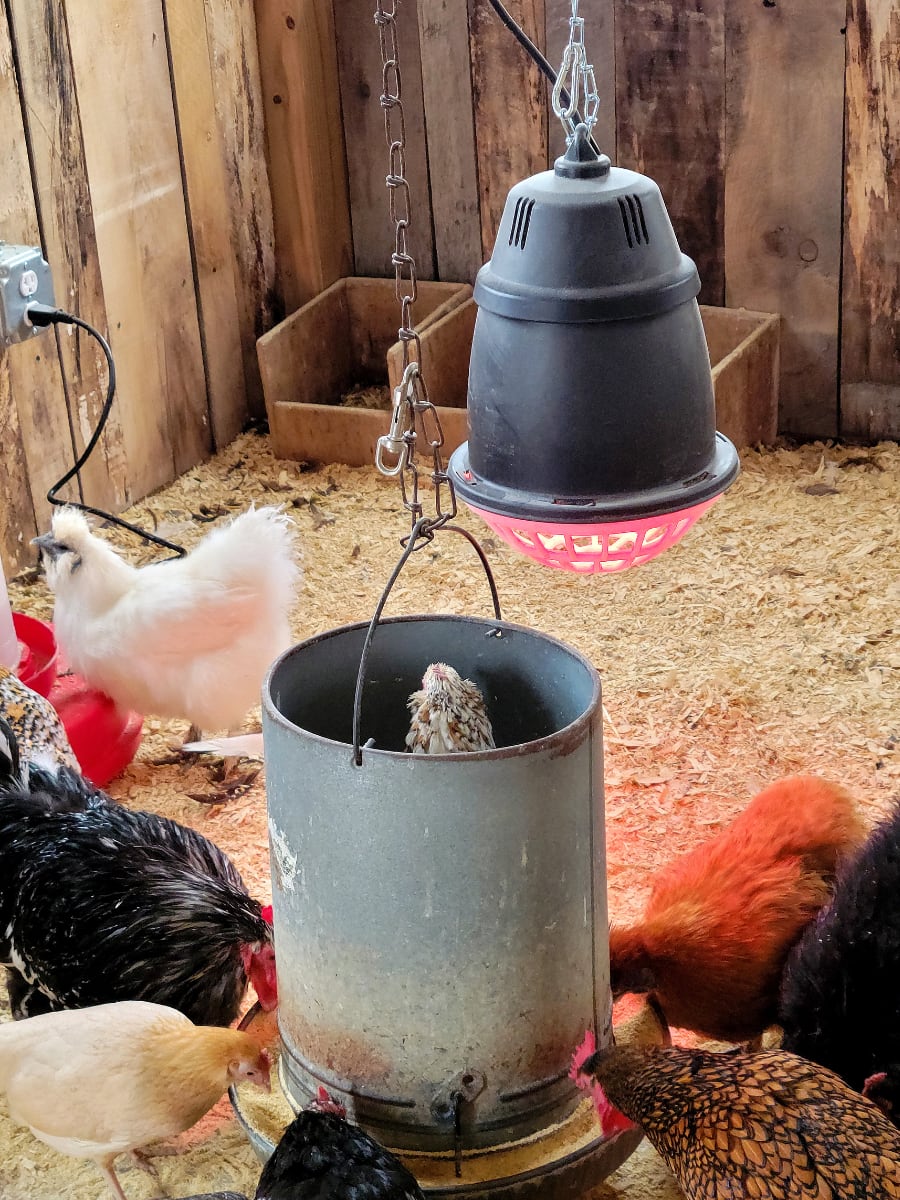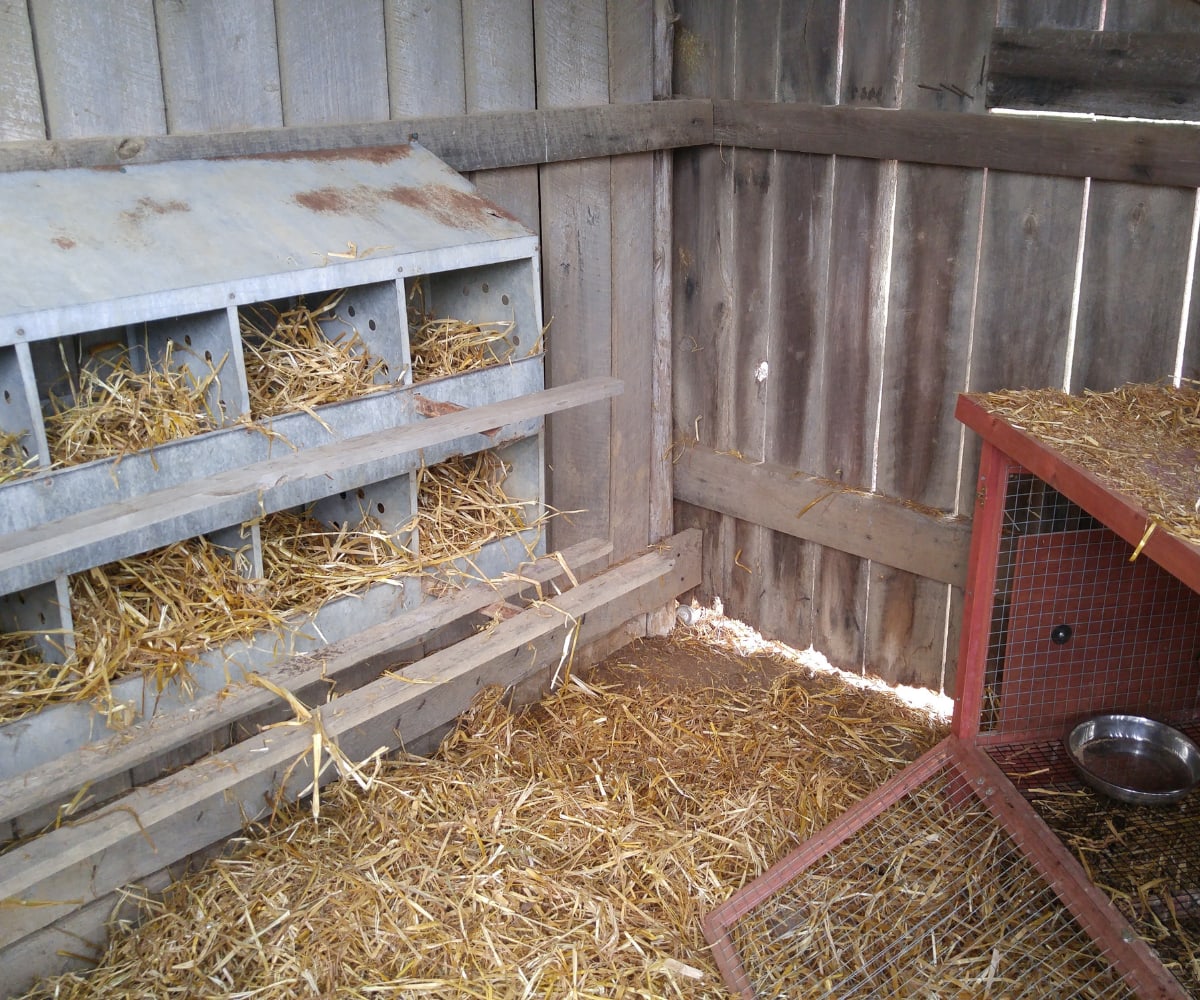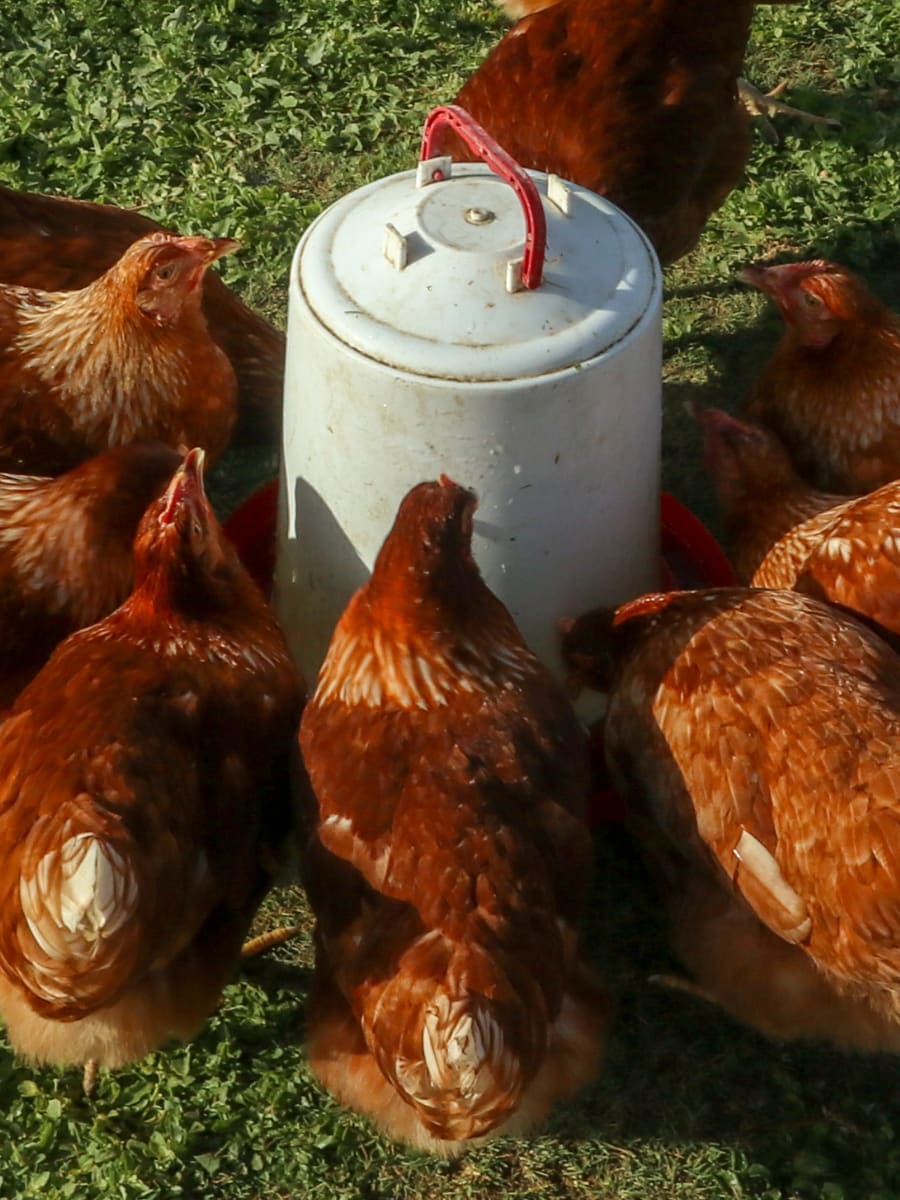With cold weather approaching, it’s time to start thinking about winter prep in your coop! Getting your coop ready for the cold is pretty simple, but it makes all the difference for your feathered friends.
First and foremost, it's completely normal for birds to go out of lay during the fall and winter months. Birds are “long day breeders,” which means that they prefer to breed in the spring and summer when the days are longer. This is an evolutionary mechanism that developed to ensure that chicks weren't hatched into the winter cold. Now, some birds go against this concept, but as a general rule, birds tend to lay less during the cold winters. So if you notice a decline in egg production, don’t jump to any conclusions or think that you have done anything wrong!
5 Tips for Winterizing Your Chicken Coop
Birds naturally lay less in the winter, and there’s nothing we can do about that. However, cold stress and seasonal illnesses can also cause your birds to begin laying less, and there are steps you can take to help prevent this. Here are five things you can do to help your birds through the winter.
1. Minimize wind chill.
Minimizing wind chill means reducing the amount of cold air moving through your coop. To minimize wind chill in our coop, we hang curtains or blankets over the chicken wire portions of our coop walls. This still allows our birds to get fresh air, but it reduces the amount of cool air able to move through the coop and encourages heat retention inside.
Remember: If you choose to completely seal the space, be sure to pay additional attention to ammonia buildup.
2. Consider adding a heat source.

For us in Georgia, it may not be cold enough for a heater or lamps until December or even January, but it's a good thing to think about in advance. When temperatures dip below 45 degrees, we recommend providing some heat inside of the coop.
Rather than heating the entire space, we recommend adding a focal heat source, like a heat lamp. This allows the birds to choose whether or not to approach the supplemental heat source. It also presents an opportunity for you to determine if even more heat is necessary. How? If you check your flock and all of the birds are huddled together under the heat lamp, this can indicate a need for additional heat lamps.
Remember: If you're hatching your own chicks, they have to be under constant heat for the first couple months of life, especially if the ambient temperature is already low. These birds have little to no ability to stay warm themselves and will not do well without controlled temperature assistance.
3. Remember your bedding.

In cold temperatures, add some extra shavings in your coop.
Thicker bedding provides a great, warm place for your birds to rest. The thicker the bedding, the farther away your birds are from the cold ground!
Some chicken keepers use the deep litter method to sustainably manage litter, and it doubles as a way to help insulate your coop during the winter.
Since your birds will be spending more time indoors during these winter months, it's especially important to keep the bedding dry and clean. We recommend Litter Life Floor Conditioner to help keep coop floors dry and disease-free!
4. Be on the lookout for pests of all varieties.
When it's cold outside, a warm chicken coop with plenty of poop and chicken feed sounds like heaven to common coop pests—insects, mice, opossums, you name it!
During this season, it’s important to pay special attention to these guys since they can still carry diseases. Be sure to also watch out for wild birds, especially in areas where winter viral diseases have been prevalent.
5. Always make sure your birds have water.

This tip is the most simple yet most overlooked. In the winter, this means not only ensuring that the waterers are filled but also ensuring that in freezing weather, there is still unfrozen water available.
Extra Tip: Collect eggs more often to prevent frozen eggs.
Since chickens lay eggs less often during the winter, you can expect to collect fewer fresh eggs from their nesting boxes. As an added factor to the already reduced egg production, chicken eggs freeze when temperatures drop below freezing. To prevent frozen eggs, check your coop more often to ensure you collect the maximum amount of eggs possible before they freeze.
Contact Us
So there you have it—the basics to getting your flock through the winter happy and healthy! Keep them warm, keep their coop clean and make sure they have access to drinking water. We hope this helps make a daunting time of the year a little easier to face.
If you have any questions on how to keep chickens warm or our products, contact us at success@southlandorganics.com or (800) 608-3755. Keep up with us on social media @SouthlandOrganics.






